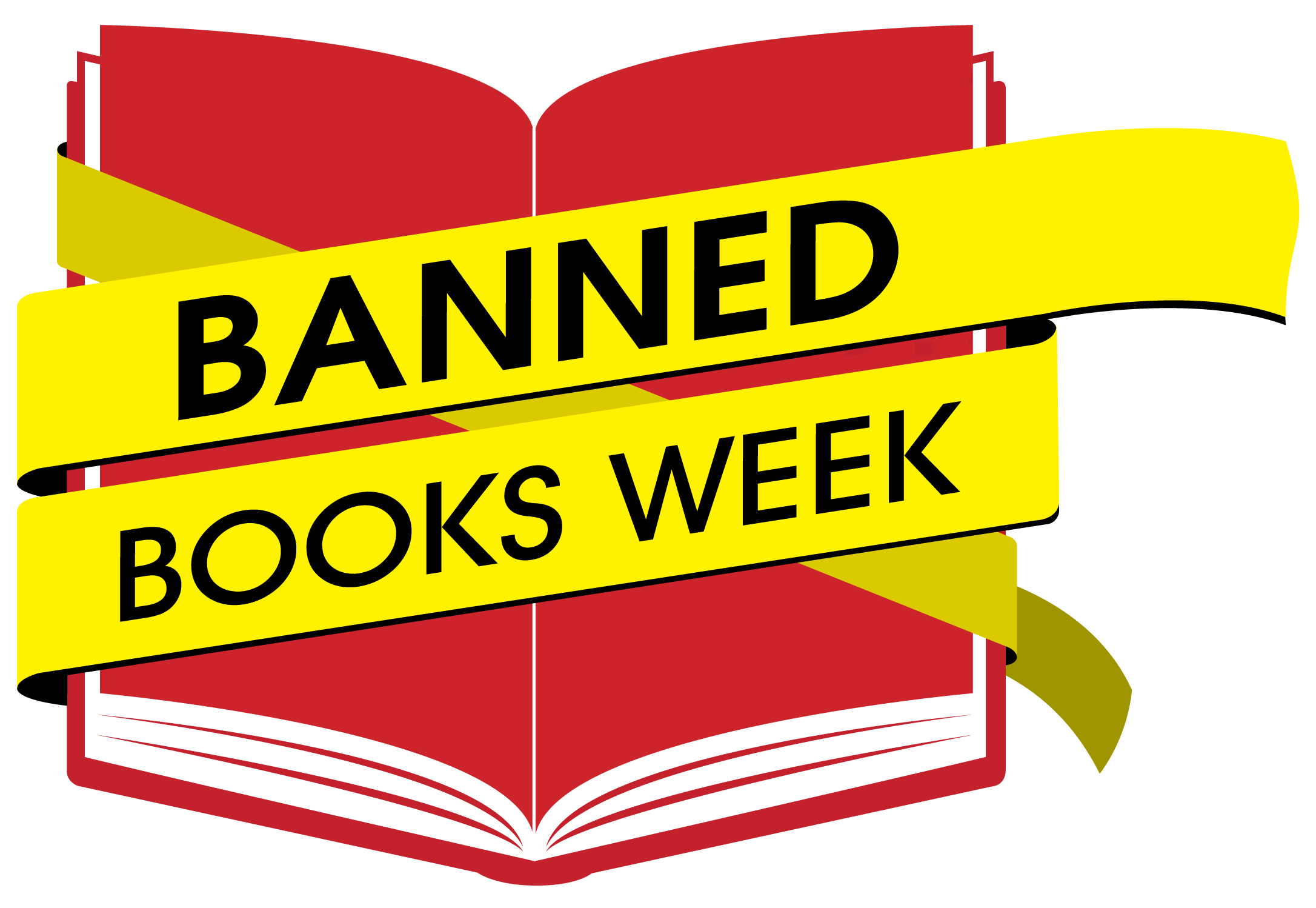
ALA

Audio By Carbonatix
Here’s the thing about free speech: It isn’t just about what you say. The First Amendment guarantees the freedom to access information and read for all, including children.
Fortunately, Colorado students and educators returned to the classroom this fall with new defenses against school book bans. A state law passed last spring protects educators and school libraries from politically-motivated attacks and retaliation. This new law builds on right-to-read safeguards passed in 2024 for Colorado public librarians.
As attacks against books and librarians skyrocket nationally, Colorado is moving in the right direction. But there’s still work to do.
Colorado was one of seventeen states with 100 or more censorship attempts in 2023, according to an American Library Association report released last year. Even more worrisome, the ALA’s Office of Intellectual Freedom estimates that less than one-fourth of book challenges are reported. Sneakier forms of censorship also occur when gatekeepers quietly remove or restrict materials, or don’t buy them at all, often out of fear of public attention and controversy.
An ongoing legal fight in Elizabeth spotlights this issue. Officials in the town’s school district, which serves about 2,600 students, last year drafted a list of more than 100 school library books they said dealt with “sensitive topics.” These included “racism/discrimination,” “sexual content” and “ideations of self-harm or mental illness.”
From the list, they eventually pulled nineteen books — including two by Toni Morrison, the first Black woman to win the Nobel Prize in Literature. The banned titles primarily spotlight Black, brown and LGBTQ+ people. This tracks nationally, where nearly half of challenged books fall into these categories. Many authors from traditionally marginalized communities say they write the stories they wish had been available when they were younger.
Look, we all want to protect and enrich our children. But blocking young people from reading about racism, sexuality, and mental health won’t shield them from life’s truths, challenges, and hardships. (And you know they’re on the internet, right?)
All young people deserve to see themselves in books, and research shows that access to a range of diverse books improves empathy and critical thinking skills for all children.
The First Amendment doesn’t allow school officials to yank books just because they don’t like their content. And although parents have the right to guide their child’s reading, they don’t have the right to parent other people’s kids. An overwhelming majority of Americans—Republicans, Democrats, and Independents—oppose book challenges and bans. So, who’s driving these efforts?
Organized political pressure groups and government officials instigated the overwhelming majority of book challenges: 72 percent, according to an ALA study released this year. When the Washington Post analyzed 986 book challenges in the 2021-2022 school year, it found the majority came from just eleven people nationwide. We applaud Colorado’s new law, which allows book challenges only from parents or guardians with a child enrolled at the school.
The right to access a variety of perspectives, information and ideas is the bedrock of a free and open democratic society. The freedom to read belongs to us all. Banned Books Week (October 5–11 this year) and Let Freedom Read Day (October 11) offer a great opportunity to take action, even if you have only five minutes. Learn more here.